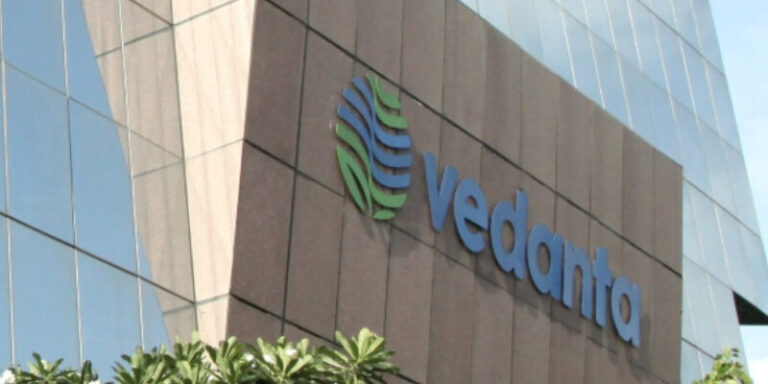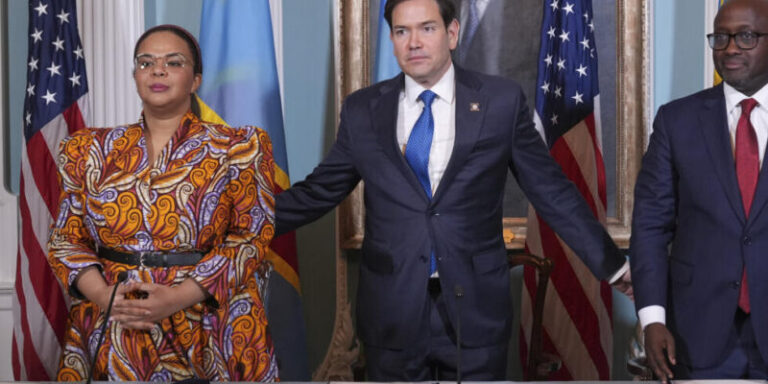
In recent years, there has been a growing global demand for renewable energy and electric vehicles (EVs). As a result, the spotlight has shifted towards battery minerals, which play a crucial role in powering these sustainable technologies.
Africa, known for its vast mineral wealth, is emerging as a key player in the global battery minerals market.
This article explores how Africa is rediscovering the development value of mining by harnessing its abundant resources of battery minerals.
The Rising Demand for Battery Minerals
With the urgent need to combat climate change and reduce carbon emissions, the transition from fossil fuels to clean energy solutions has gained momentum.
Lithium, cobalt, nickel, graphite, and manganese, among other minerals, are vital components in the production of lithium-ion batteries that power electric vehicles and renewable energy storage systems.
Africa’s Battery Mineral Reserves
Africa is home to significant reserves of battery minerals, making it an essential player in meeting the surging demand for these resources.
The Democratic Republic of Congo (DRC) stands as a leading producer of cobalt, a critical component in EV batteries. DRC’s copper-cobalt belt in the Katanga region is one of the richest sources of this mineral globally.
In addition to cobalt, Africa also holds vast lithium deposits, with Zimbabwe, Namibia, and the DRC boasting substantial reserves.
Lithium-ion batteries have become the preferred energy storage solution for portable devices, renewable energy grids, and electric vehicles, making lithium an indispensable element for a sustainable future.
Furthermore, graphite is another crucial component in battery technology. Countries like Madagascar, Mozambique, and Tanzania have sizeable graphite deposits that are becoming increasingly important for the lithium-ion battery industry.
Challenges and Opportunities
Despite the abundant reserves, several challenges have hindered Africa’s ability to fully capitalize on the economic potential of its battery minerals.
These challenges include political instability, inadequate infrastructure, lack of technological expertise, and concerns about responsible mining practices.
However, these challenges also present unique opportunities for sustainable development and investment.
By addressing these issues with proper governance, transparency, and responsible mining practices, African countries can unlock the true development value of their battery mineral resources.
Sustainable Mining Practices
It is crucial for African nations to prioritize sustainable and eco-friendly mining practices to protect their environment and communities.
Mining companies and governments must collaborate to ensure ethical mining, responsible waste management, and adequate land reclamation to minimize ecological footprints and mitigate social impacts.
Additionally, empowering local communities through job creation, education, and infrastructural development can lead to a more inclusive and equitable distribution of wealth from mining activities.
Economic Diversification and Industrialization
The battery minerals industry presents an opportunity for African countries to diversify their economies away from traditional resource-dependent models.
By focusing on downstream processing and manufacturing of battery components, Africa can move up the value chain and retain more economic benefits within the continent.
Establishing battery manufacturing plants, for instance, will not only create employment opportunities but also attract foreign direct investment and spur technological advancements in the region.
Partnerships and Collaboration
The success of Africa’s battery minerals industry depends on building partnerships and fostering collaboration with international stakeholders.
Collaboration with established battery technology and EV manufacturers can facilitate technology transfer, knowledge sharing, and market access.
Furthermore, financial institutions and development organizations can play a pivotal role in providing funding and expertise to develop the necessary infrastructure and support sustainable mining practices.
Africa’s abundant battery mineral reserves hold the key to unlocking the continent’s economic potential and fostering sustainable development.
By leveraging these resources responsibly and promoting ethical mining practices, African countries can attract investments, create jobs, and achieve economic diversification.
Moreover, partnerships and collaborations with international players will be instrumental in tapping into the global battery minerals market.
As the world continues to embrace renewable energy and electric transportation, Africa’s contribution to the battery minerals industry could reshape the continent’s development trajectory, making it a driving force in the global green revolution.





